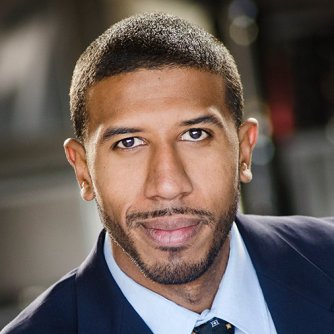
Amal Kassir sounds quiet and unassuming, so when she takes the stage and recites her poetry -- slam style -- people are surprised. That's because she doesn't shy from controversy, talking about everything from feminism, to the suffering of the Syrian people during the country's ongoing civil war. Click on the audio link above to hear her conversation with Colorado Matters host Ryan Warner. Edited highlights are below.
On the Syrian civil war's human cost to her family:
"We've lost 27 members of our family. And the number was 23 last time I checked. So one bombing will take four people away. So we're very, very familiar with what death is, what loss is, and what saying 'goodbye' is supposed to mean."
On her three years living in Syria:
"I always say these two things, because that's how my priorities were, but ranch dressing and Toys "R" Us were all I wanted as a kid -- it was all I wanted and so there was this discomfort because we wanted our Dunkin' Donuts, we wanted our Krispy Kreme, all of our toys, all of our American privileges. And I wish I was older when I went because when we left, we didn't leave having someone say to us 'this might be the last time you ever come to your country.' So we weren't thinking that... But now that I look back on it, I have 60 something cousins over there, my father is one of 14 children, the family is massive. So we felt at home with the family."
On why she can't go back to Syria:
"I know I can't go back anytime soon until the Assad regime is gone. My family, we're revolutionaries, we are actively associated with that, so I already know I can't go to Syria for that... They know who I am. My father's Facebook profile picture is on the regime website for 'most wanted'... So we know that they know who my father is, if they know who my father is, they have to know who I am and they know, they know what's going on and who the activists are, and I travel this whole world on behalf of Syria."
On the refugee camp in Turkey she visited:
"Going over there was the most profound experience... there's one thing hearing about it, seeing the photos, seeing what refugee camps look like, but being there and associating this image with actual human beings... There was such a helplessness."
On the impact her poetry has had:
"When you bring in that humanitarian narrative, any politics that you're familiar with can get thrown out the window. Because being pro-regime but then finding someone who's lost 27 members of her family it puts a little bit of a question mark. So my poetry has been very, very essential in educating people, empowering people and then opening up that conversation."









